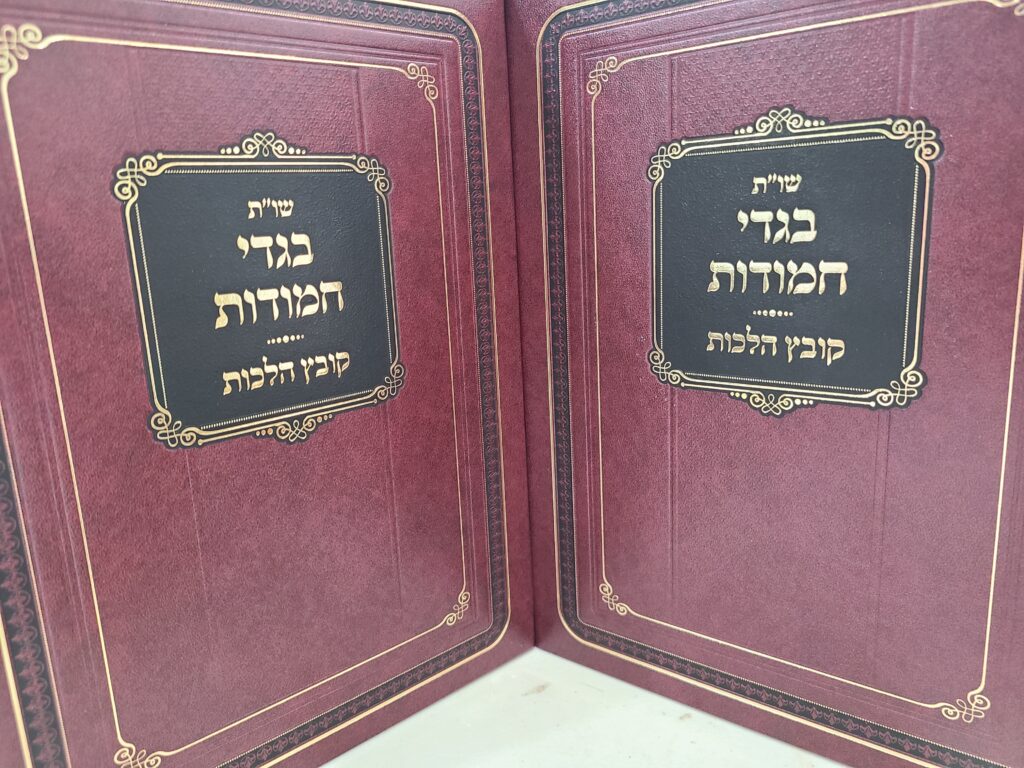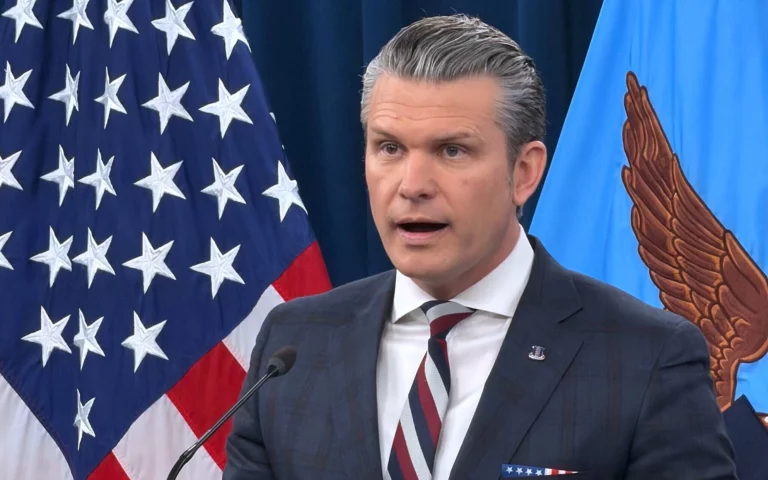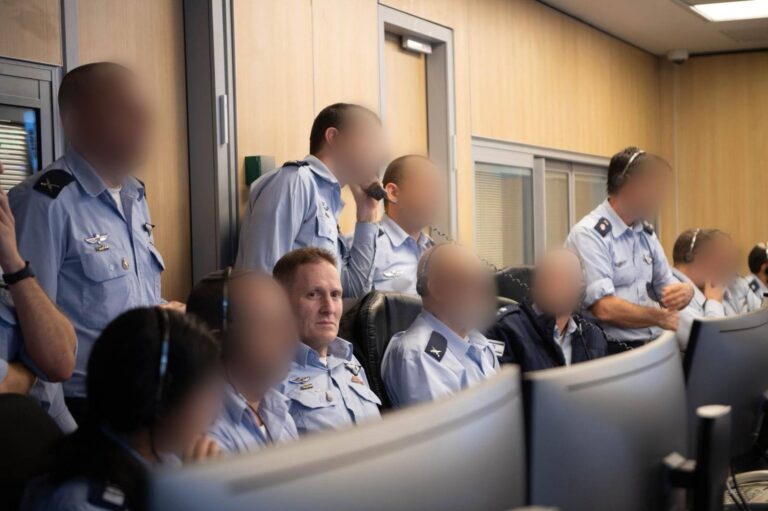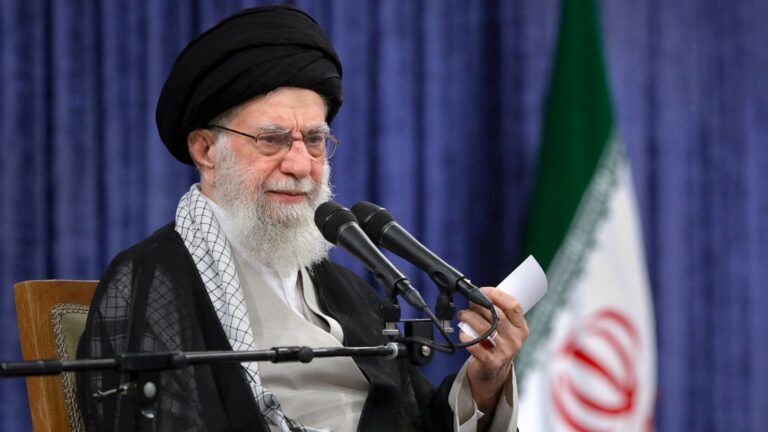By Rabbi Yair Hoffman for 5tjt.com
His name is Rav Daniel Osher Kleinman, a Rav in Flatbush, and he is responsible for bringing us the halachic psakim of Rav Shmuel Kamenetsky in his Kovetz Halachos series on Shabbos and the Yomim Tovim, along with remarkable explanations. That series will be reprinted for quite some time, this author predicts.
Now, Rabbi Kleinman has produced his own two-volume set of responsa, entitled Bigdei Chamudos. What follows is an unsolicited review of the work.
The teshuvos are quite fascinating, contemporary, and very well researched and written. Volume I has 177 responsa, and volume II has 178 responsa. The two indices of sources and topics are enormously helpful. Each volume contains responsa on all four sections of Shulchan Aruch.
Best of all, however, there is a game-changer in this set of teshuvos. They were reviewed by HaGaon HaRav Shmuel Kamenetsky shlita – with a section in the back of each volume delineating his conclusions.
Some of the issues discussed are: A yeshiva ketana buys a conservative synagogue that doesn’t ;follow Shulchan aruch– all the members are in their eighties – can the yeshiva ketana let them stay under their ownership – in the contract (Vol. I #100)? May a Kohain enter a tent of a deceased gentile? In these responsa Rav Kleinman has a fascinating discussion with HaGaon HaRav Azriel Auerbach.
IF YOU CAN, PLEASE HELP OUT A YASOM GETTING MARRIED
https://thechesedfund.com/zechornilah/yasomgettingmarried
In the last Teshuvah of Volume II, Rav Kleinman deals with cannabis, and finds halachic sources in Shas that address some of the underlying issues and questions.
In Volume II Siman 33, Rav Kleinman gives us remarkable clarity in the topic of Nigrar – whether a woman follows her husband when he makes an early Shabbos. Rav Kleinman cites all of the views and explains them very clearly. This is paradigmatic of how he approaches halachic topics in general.
There are also a number of medical teshuvos. Should an ovary with a growth be removed if the doctors recommend to do so (Vol. II #161)? What is the story with having to inform a future shidduch about the status of a compromised part of the reproductive system?
In a responsa that is bound to be controversial, Rav Kleinman addresses the issue of whether or not a contemporary takanah of, say, the Moetzes Gedolei Torah of Agudas Yisroel is halachically binding or not (Vol. II #168). This author would like suggest a marei makom that was not cited by Rabbi Kleinman shlita – the footnote in the Mossad HaRav Kook Sefer HaChinuch on the Mitzvah of listening to the chachomim. It seems that the issue may be a debate between the Rambam and the Sefer HaChinuch.
There is a responsa (Vol. II 137) that this author would humbly question the underlying rationale. A yeshiva bochur wants to be in Yeshiva for Simchas Torah. His mother would love him to be home and daven in the family shul. This presents a true opportunity for the Kivud Av v’Aim, and, in this author’s opinion, Simchas Torah in Yeshiva should perhaps not set aside the Kivud Av v’Aim if the yeshiva bochur would learn more Torah at home than in Yeshiva on Simchas Torah (shuls spend less time for Simchas Torah than do Yeshivos). True, there would be more impact on his ruchniyus if he stayed in Yeshiva, but let’s remember, there is no mention of Simchas Torah in Shas and the early Poskim. Plus, the impact of a Ben Torah on other members of Klal Yisroel is not insignificant and should also be taken into account.
This is definitely a teshuvah sefer that one should own. It makes for fascinating learning, as there is no question that Rav Kleinman is emerging as a leading Rav and Posaik in his own right. The sefer is available at fine seforim stores near you.
The reviewer can be reached at [email protected]
IF YOU CAN, PLEASE HELP OUT A YASOM GETTING MARRIED
https://thechesedfund.com/zechornilah/yasomgettingmarried












5 Responses
Regarding going to Yeshiva for Simchas Torah instead of Kibud Av V’eim, its not clear from Rabbi Hoffman what the Mechaber of the Sefer states. It sounds like Rabbi Hoffman is arguing for the bochur to stay home.
“True, there would be more impact on his ruchniyus if he stayed in Yeshiva, but let’s remember, there is no mention of Simchas Torah in Shas and the early Poskim. Plus, the impact of a Ben Torah on other members of Klal Yisroel is not insignificant and should also be taken into account.”
The lack of mention of the Minhag of Simchas Torah is irrelevant to the impact on the Bochur’s Ruchniyos. It’s the Ruach of the Yeshiva, and the connection and affiliation with the Yeshiva and the Bochurim which has the major impact on his Ruchniyos. That investment in the Bochur’s Ruchniyos, and the return of that investment in the future for himself and Klal Yisrael, could very well override the benefits of staying home.
may a kohein enter a tent of a deceased gentile?
Interesting..
We have been misreading the fifth commandment for over three thousand years. It actually reads: כבד את ראש הישיבה ואת המשגיח
In response to some of the questions listed above, there are two relatively well known limitations to the mitzvah of Kibbud Av v”Eim. One of them is Limud HaTorah, that for the benefit of a son’s limud HaTorah a son is allowed not to follow his parents’ desire to attend a special yeshiva and attend a yeshiva he believes will be more productive for him. We learn this from Yaakov Avinu who was not punished for the 14 years he spent in Yeshivas (Shem v’) Ever.
In this particular shaila, in my humble opinion the question is if the elevated experience of being in yeshiva for Simchas Torah can be considered Limud HaTorah to the extent that the son does not have to defer to his parents’ request, or if it doesn’t fall into the guidelines of Limud HaTorah is it is more the expression of Ahavas HaTorah and the inspiration that it provides.
Maybe this depends on who is supporting the bochur? If the yeshiva houses and feeds him (like Volozhin Yeshiva did), then this is a place for discussion – one provies for olam haze, another – olam habo, etc.
If the parents feed him and the yeshiva, has vesholom, charges for teaching Torah (a modern kulah despite the Rambam), then the parents are providing both olamos, and the bochur needs to listen to parents. If the yeshiva was not able to compel him to do this mitzva, they are not teaching him well, and should refund.
In one olden day Yeshiva, a bochur asked whether he is chayav to spend – significant – funds to buy a train ticket to visit his parents. R’Y said that one is not chayav to spend money on parents – he can simply walk. Not sure, how he was supposed to deal with the missing sedorim and minyonim. Maybe take a hevrusa and a minyan with him.